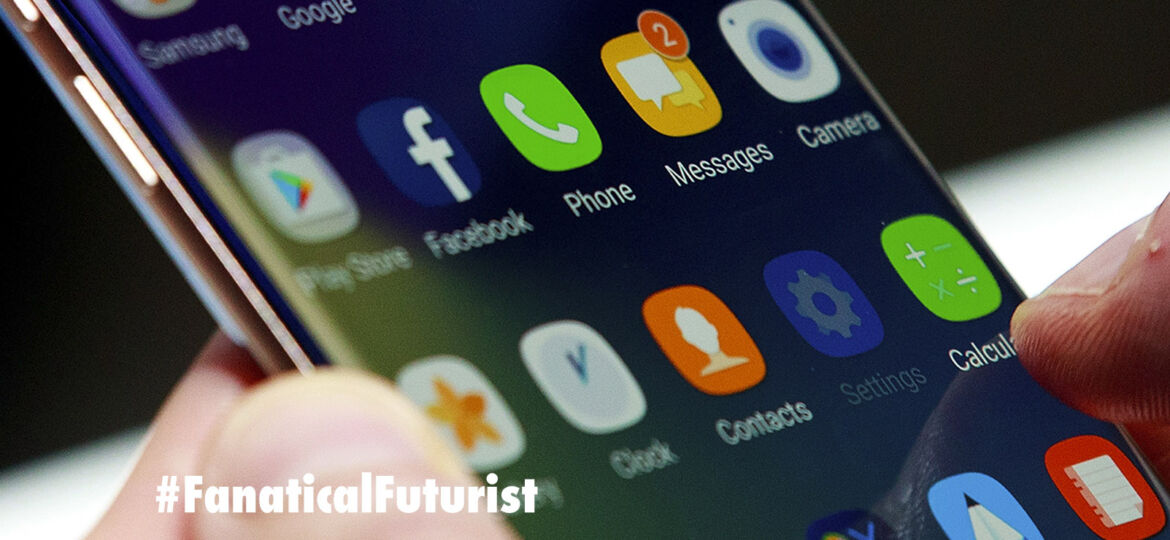
WHY THIS MATTERS IN BRIEF
With biometrics becoming an increasingly important way of authenticating people some of todays technologies still leave much to be desired, as a result teams around the world are continually looking to push the boundaries.
VoiceGesture is an app that could make phones far more secure because rather than relying on traditional voice recognition this new android app uses sonar to monitor how users are moving their mouth as they speak, something the team behind the new technology say would put an end to spoofing through replay attacks when an identity thief edits recordings of your voice in order to hack into voice controlled systems in order to access your data.
The team, led by Jie Yang, from the Florida State University says their new sonar system can detect live users and whether or not people are misusing recordings for ‘replay attacks.’
The fact that people share so much audio and video of themselves on social media, they say, makes it even easier for identity thieves to pass voice authentication tests, and the team adds that Google is currently reviewing the technology for its next Android platform.
“We hope to hear in early June,” said Yang.
The team also plan to expand the anti-spoofing technology’s applications to voice assistants, like the Amazon Echo and Google Home.
The detection system requires only a speaker and a microphone that are commonly available on smartphones, and the system works by using the smartphone as a Doppler radar which transmits a high frequency sound from the built-in speaker and listens to the reflections at the microphone when a user speaks their passphrase. When a user sets their passphrase, the VoiceGesture app emits a barely audible, high pitched 20 kilohertz acoustic signal from the phone’s loudspeaker. This signal bounces off the moving jaw, lips and tongue as they speak, and creates a unique “mouth print.”
The Doppler shift is the same effect that causes sirens from an emergency vehicle to change in pitch as it passes you by, and in an early study with 21 participants and different types of phones the VoiceGesture system achieved over 99 per cent detection accuracy at a 1 per cent Equal Error Rate.
The study also showed that the system works well with different voice frequencies and different phone placements, for example when the phone is placed by the ear or in front of the mouth, so will your next smartphone come with built in sonar? Well, we’ll see…
















